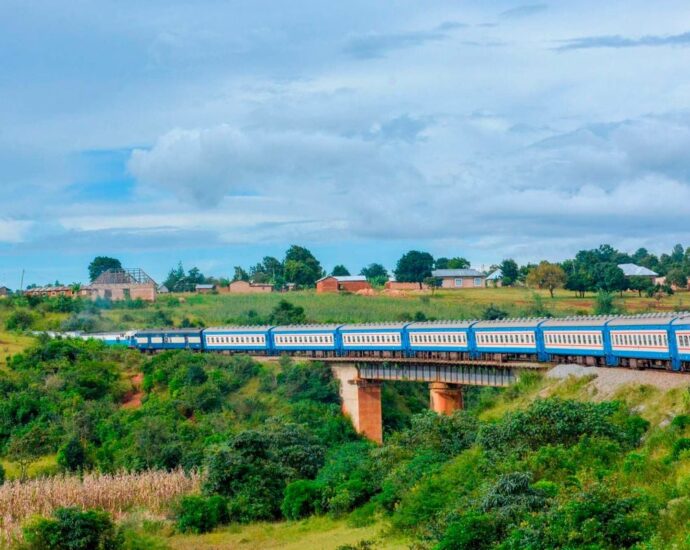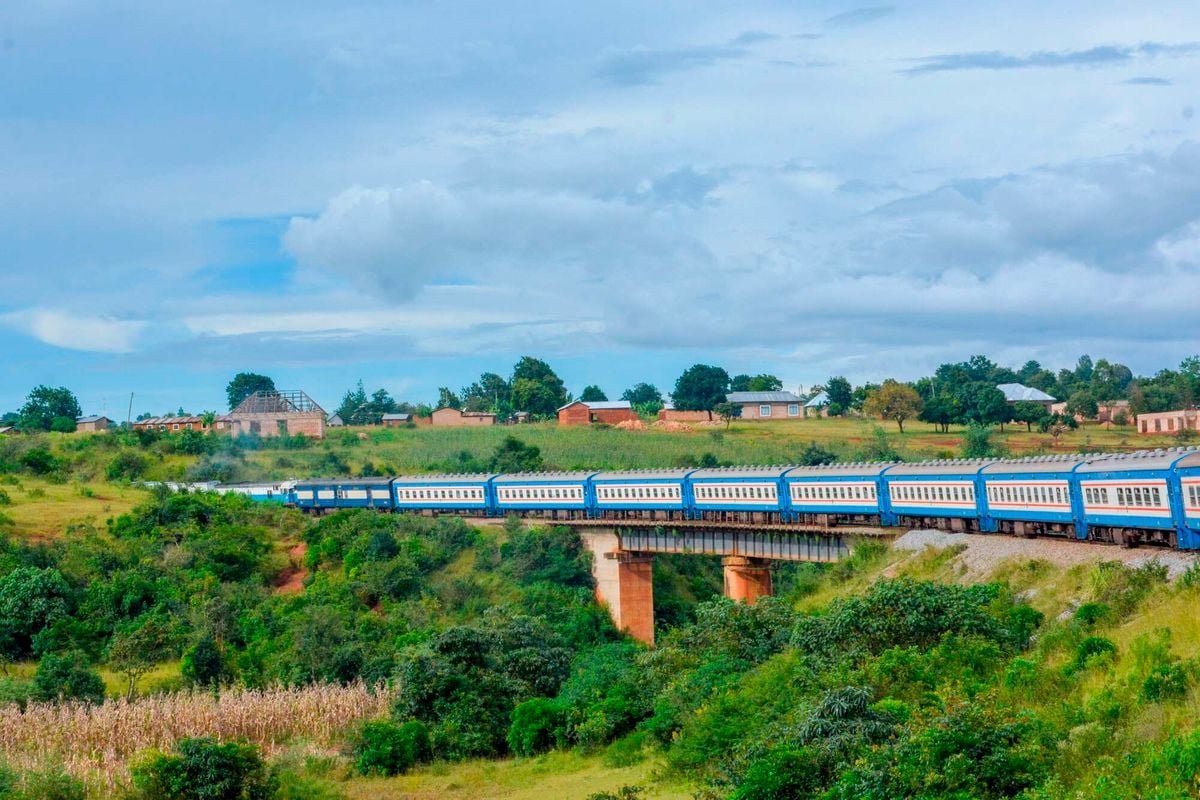BOT – Avoid Borrowing for Short-Term Needs
THE Bank of Tanzania (BoT) has advised citizens to refrain from taking loans solely to address short-term financial challenges, warning that such practices can lead to unsustainable debt burdens.
This comes amid growing concerns about the rise of personal borrowing, especially from digital lenders, which often leaves borrowers struggling with high-interest rates and unfavourable repayment terms.
The Bank of Tanzania (BoT) Senior Official, Mr Deogratias Mnyamani, said that many people take loans to meet immediate needs without fully understanding loan terms.
“There is still a major gap in financial literacy, with many Tanzanians borrowing to address short-term challenges but not considering all loan conditions.
“Many of them are simply borrowing to solve a problem at hand, but their repayment relies on faith and hope,” Mr Mnyamani said yesterday in an interview.
BoT’s latest monthly economic review shows that in August personal loans–primarily credit extended for small and medium enterprises (SMEs)–remained the largest component of credit to the private sector, at 36.4 per cent, followed by trade, at 12.8 per cent and agriculture, at 11.8 per cent. The total private sector loan portfolio was over 34tri/-.
He added that before borrowing, one should ensure they are satisfied with the terms and conditions to assess whether they can repay, rather than borrowing simply because they are in need.
Financial literacy, especially money borrowing, remains a challenge for many citizens. Therefore, the central bank has committed to continuing its efforts to provide financial education to increase public awareness.
In response to these challenges, BoT said it is on a verge of launching a national financial education campaign to help raise awareness about responsible borrowing.
“We believe this campaign will have a bigger impact in creating awareness to the public to enable them have informed decisions when it comes to borrowing,” he said.
Through increased financial literacy and tighter regulation of lenders, BoT aims to ensure borrowers are protected from predatory practices while promoting sustainable financial management among Tanzanians.
Last month, the central bank issued a new guidance note on digital lenders under tier 2 microfinance service providers, aimed at strengthening the supervision of digital lending operations in the country.
The regulator issued the guidance because digital lending grows in popularity, the need for a robust regulatory framework has become increasingly apparent.
“This aims to ensure compliance with financial consumer protection regulations, which include transparency, pricing, debt collection practices, protection of personal data and customer privacy,” the statement shows.
The commitment underscores the importance of safeguarding consumer interests in a rapidly evolving financial landscape.
Source: allafrica.com





















